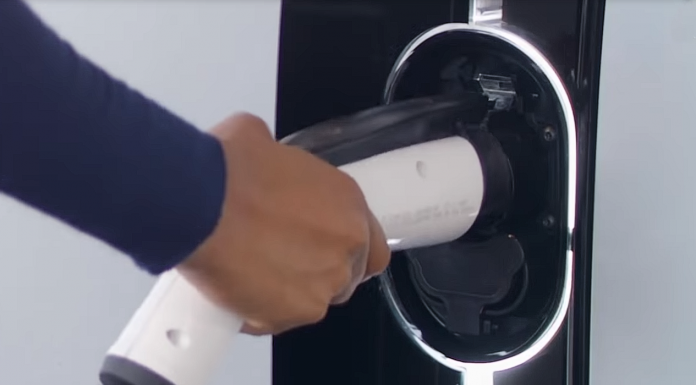Detroit-based automakers in early August seconded President Joe Biden‘s dream that Americans would purchase between 40% and 50% electric vehicles by 2030, but automaker production estimates now indicate that sales will not likely reach 20%.
After analyzing the industry’s production estimates, AutoForecast Solutions found that automakers plan to make only 2.6 million battery-powered EVs and 585,500 plug-in hybrid EVs by 2028, the Epoch Times reported.
If these figures prove accurate, then battery-powered EVs and plug-in hybrid EVs would make up about 18.5% of American auto sales in 2028.
To reach Biden’s 40-50% target, however, automakers would need to produce more than 7 million EVs.
Sam Fiorani, head of AFS global vehicle forecasting, said America’s car purchasers do not want nearly as many EVs as Biden and the auto industry had hoped.
“Far more demand for electric vehicles will be needed in order to hit the 2030 goal of 40-50%,” he said.
In early August, Biden signed an executive order that raises fuel-efficieny standards to crush gas-powered vehicle producers and benefit electric vehicles makers. Under the mandate, new gas vehicles must average 56 miles per gallon by 2026.
The nation’s automakers endorsed the proposal with the frank assessment that to achieve the goal the federal and state governments would need to increase electric vehicle subsidies, build taxpayer-funded charging stations, and incentivize battery production.
Slightly more than half of Americans—51%—oppose Biden’s plan to eliminate gasoline-powered vehicles, while 47% support the push, Pew Research reported.
But Americans become far less enthusiastic about EVs when the time comes to purchase their own cars.
Only 39% of Americans said they would even consider buying an electric vehicle, while 47% said they were unlikely to consider it.
Nadia Schadlow, former White House deputy national security adviser for strategy during the Trump administration, said that pushing EVs on Americans strengthens China, which produces batteries at coal-powered plants.
“Unless the United States and its allies control more of the battery supply chain, the Biden administration’s ability to move towards its EV goals—and, for that matter, U.S. automakers’ ability to reach their EV goals, which are all pretty ambitious—will mean more dependence on China,” Schadlow said.

